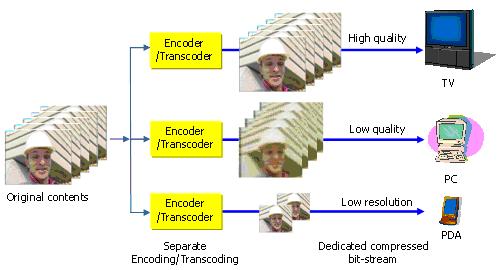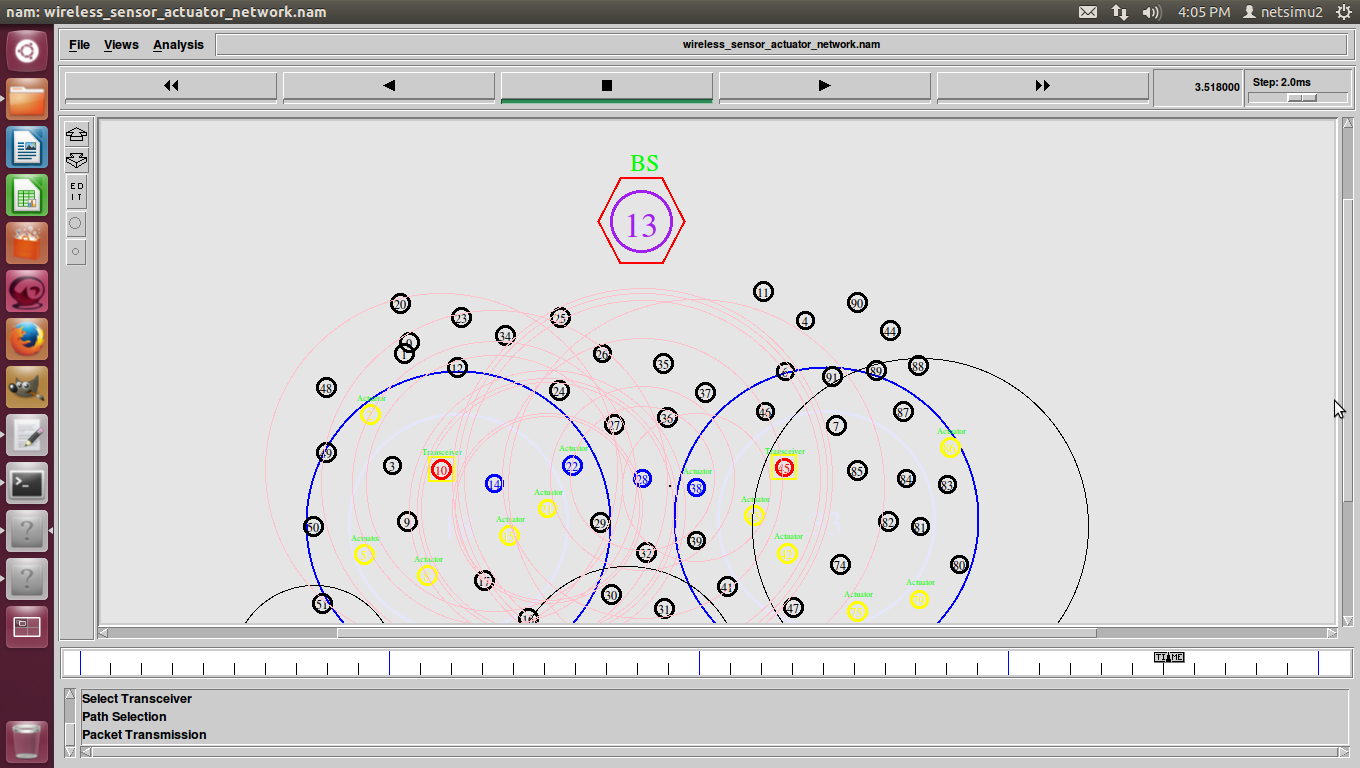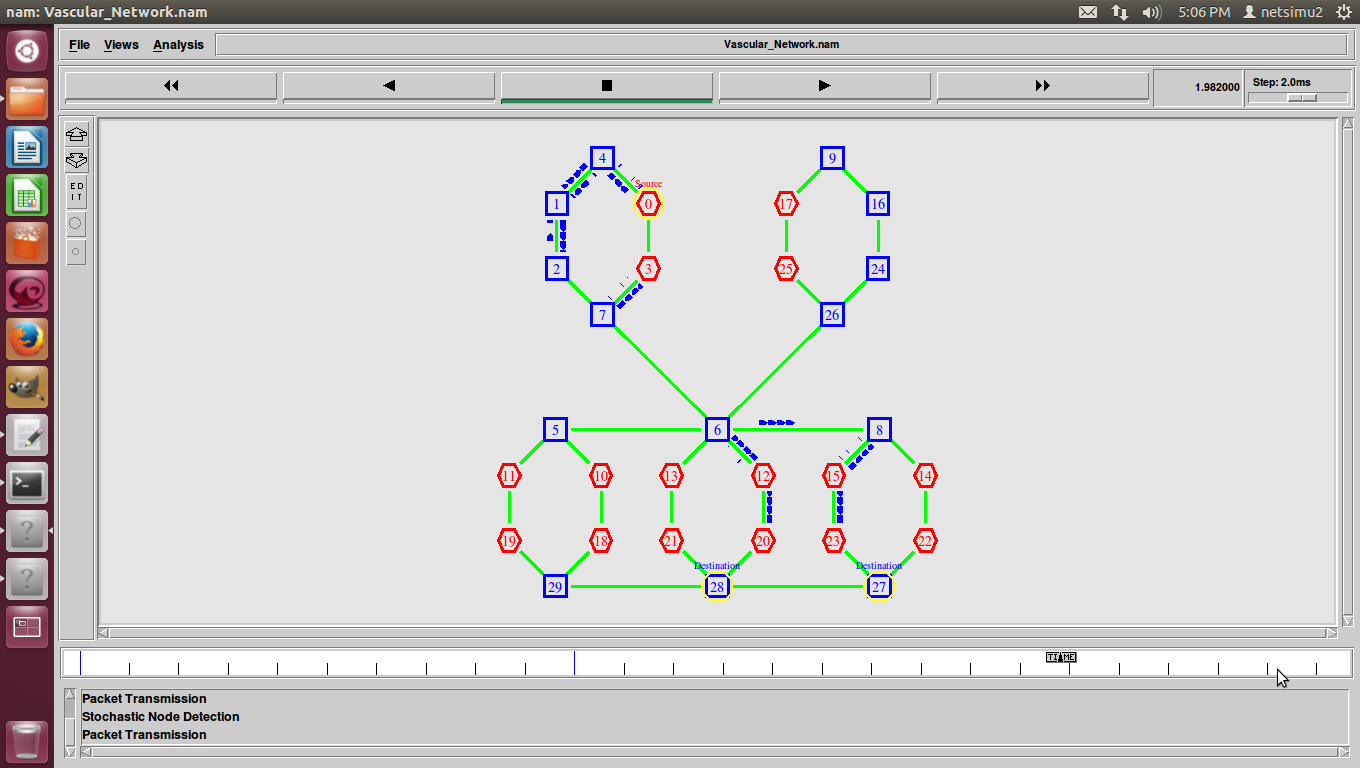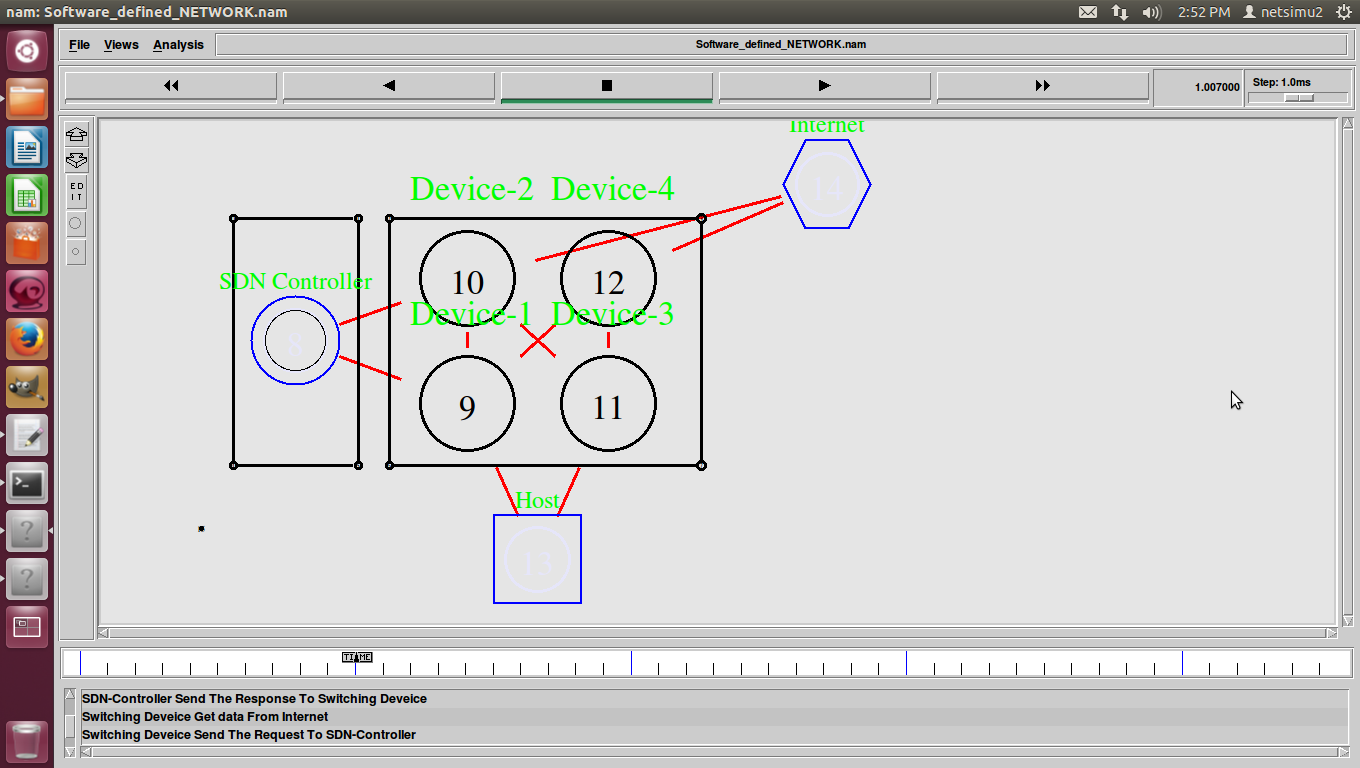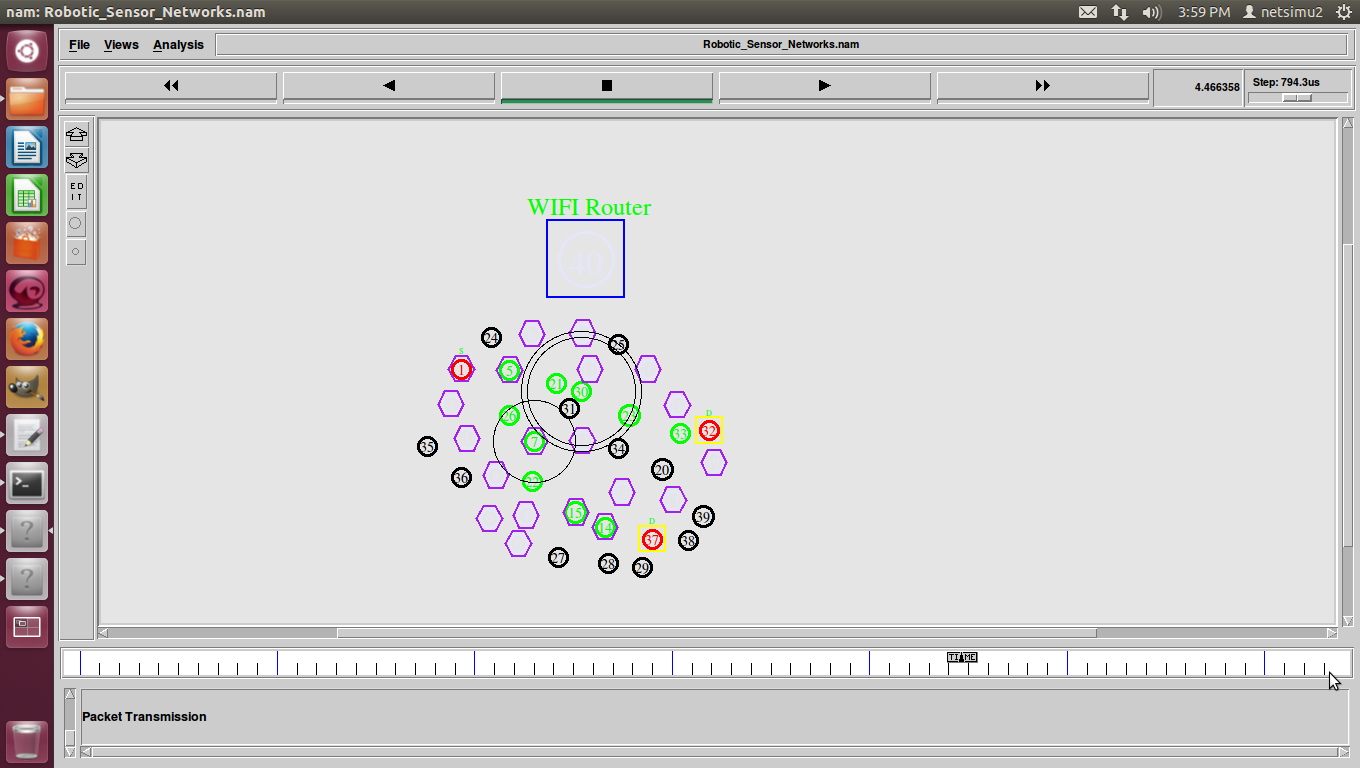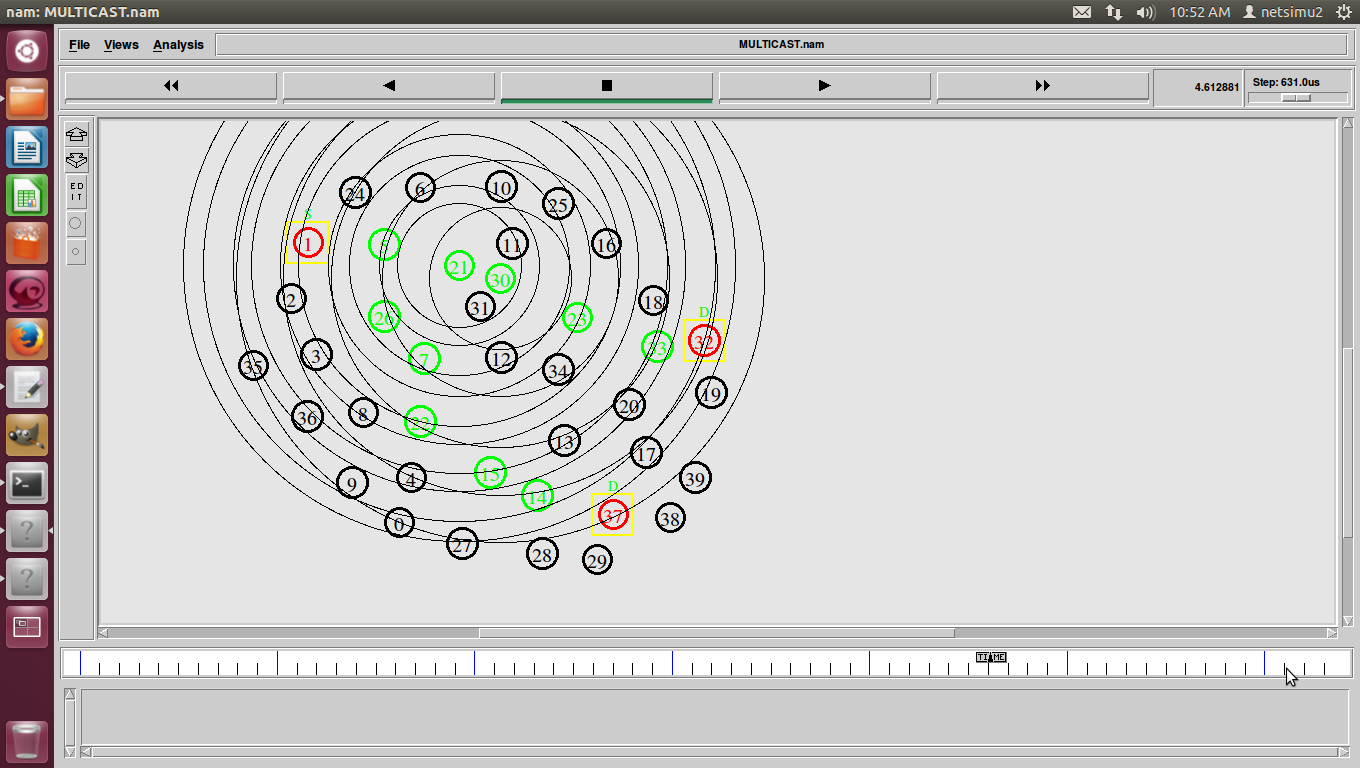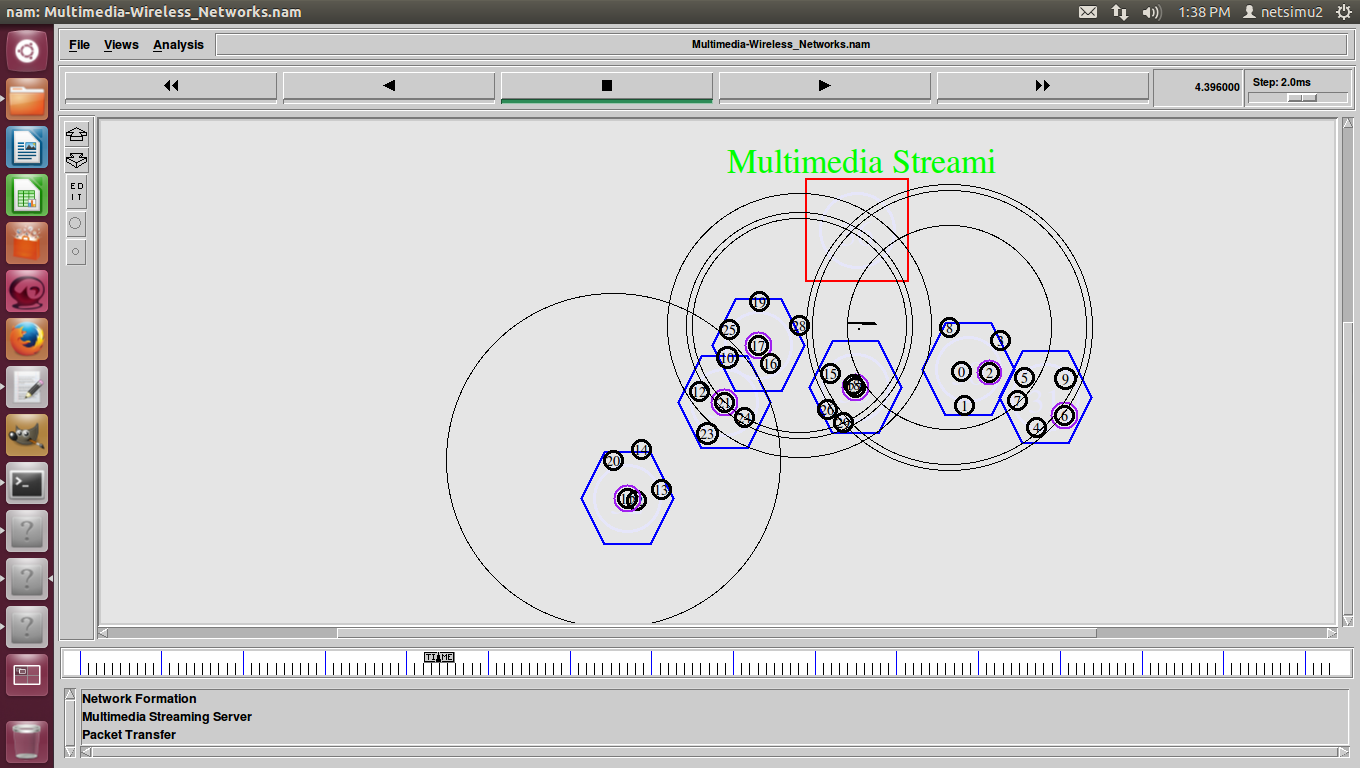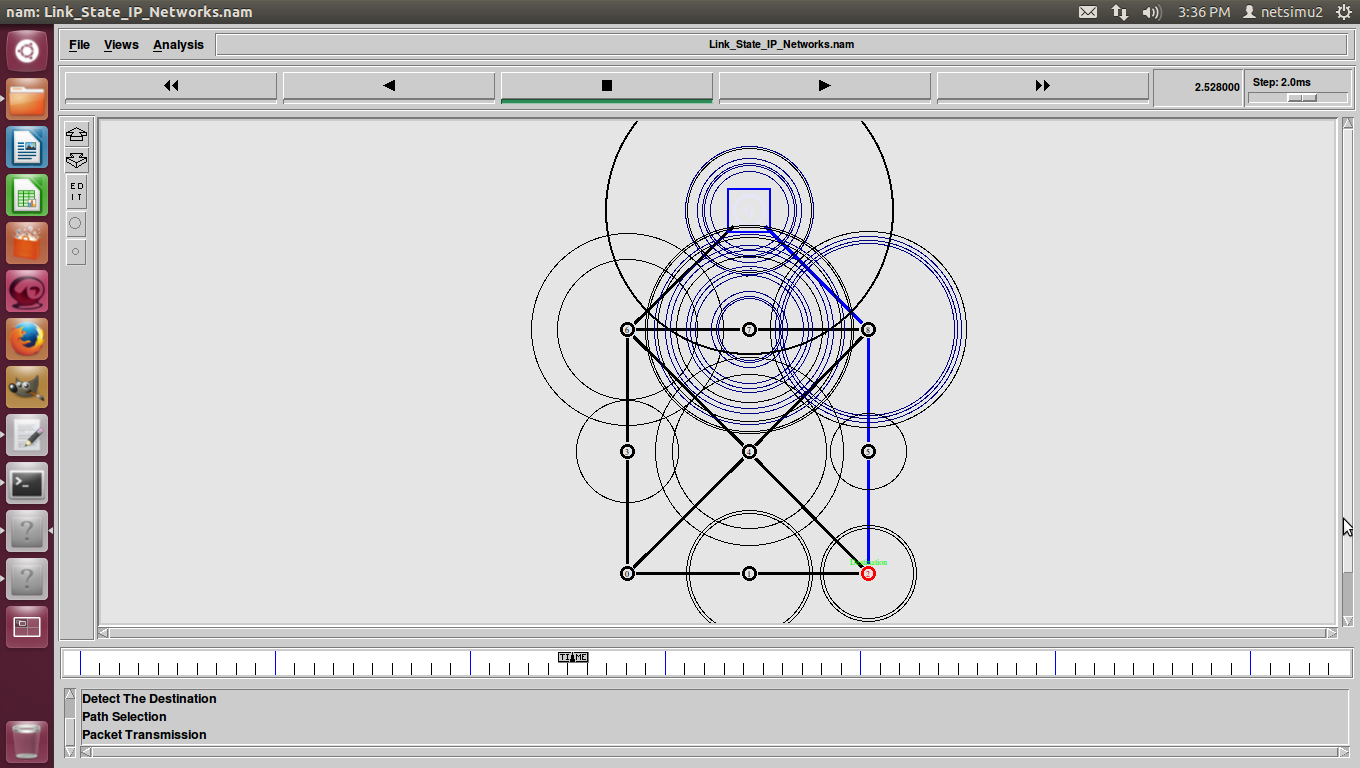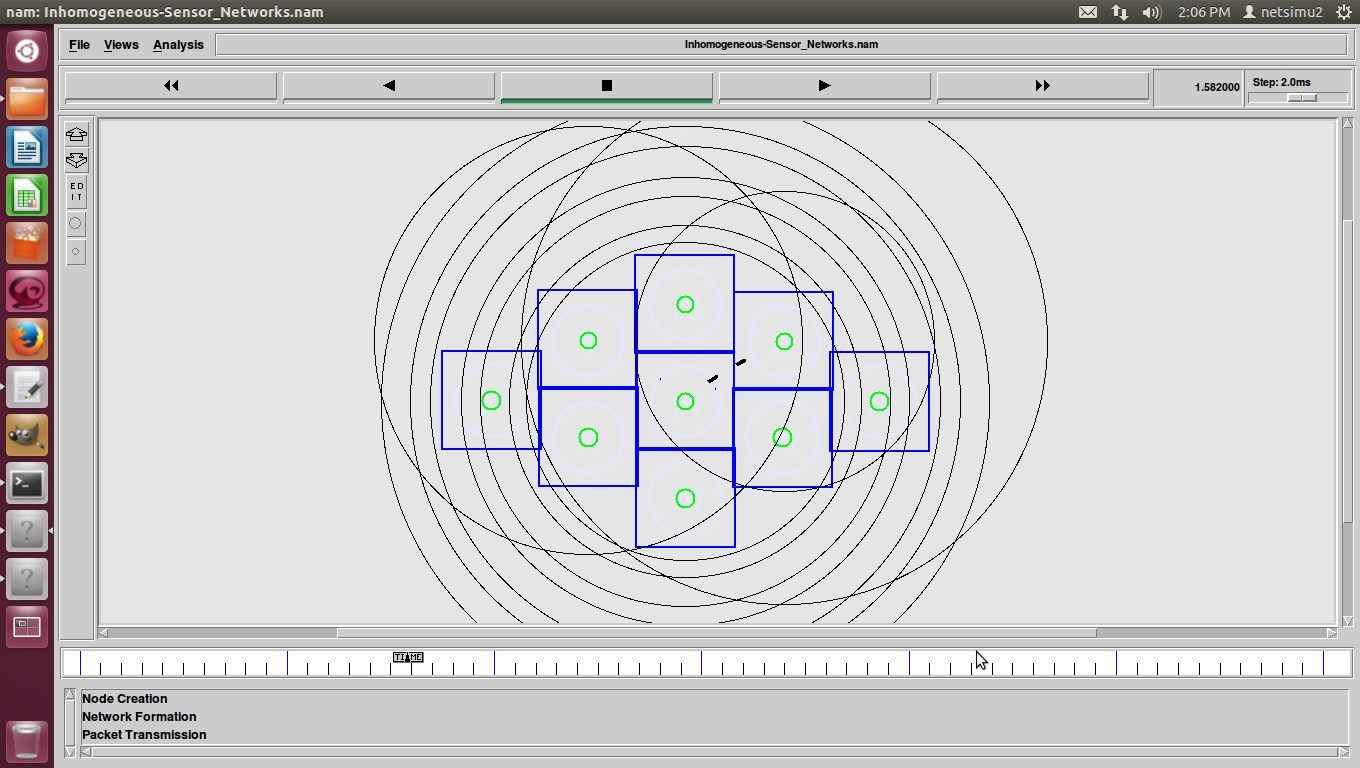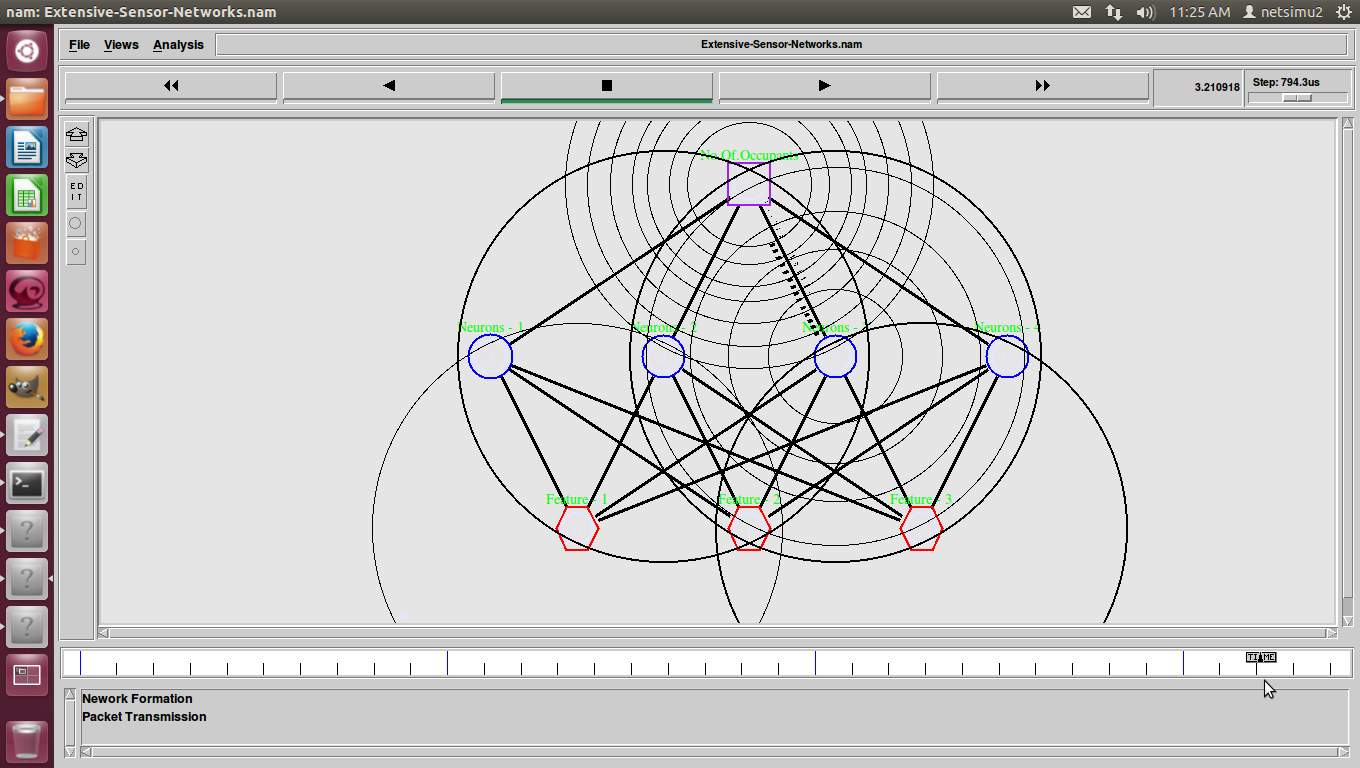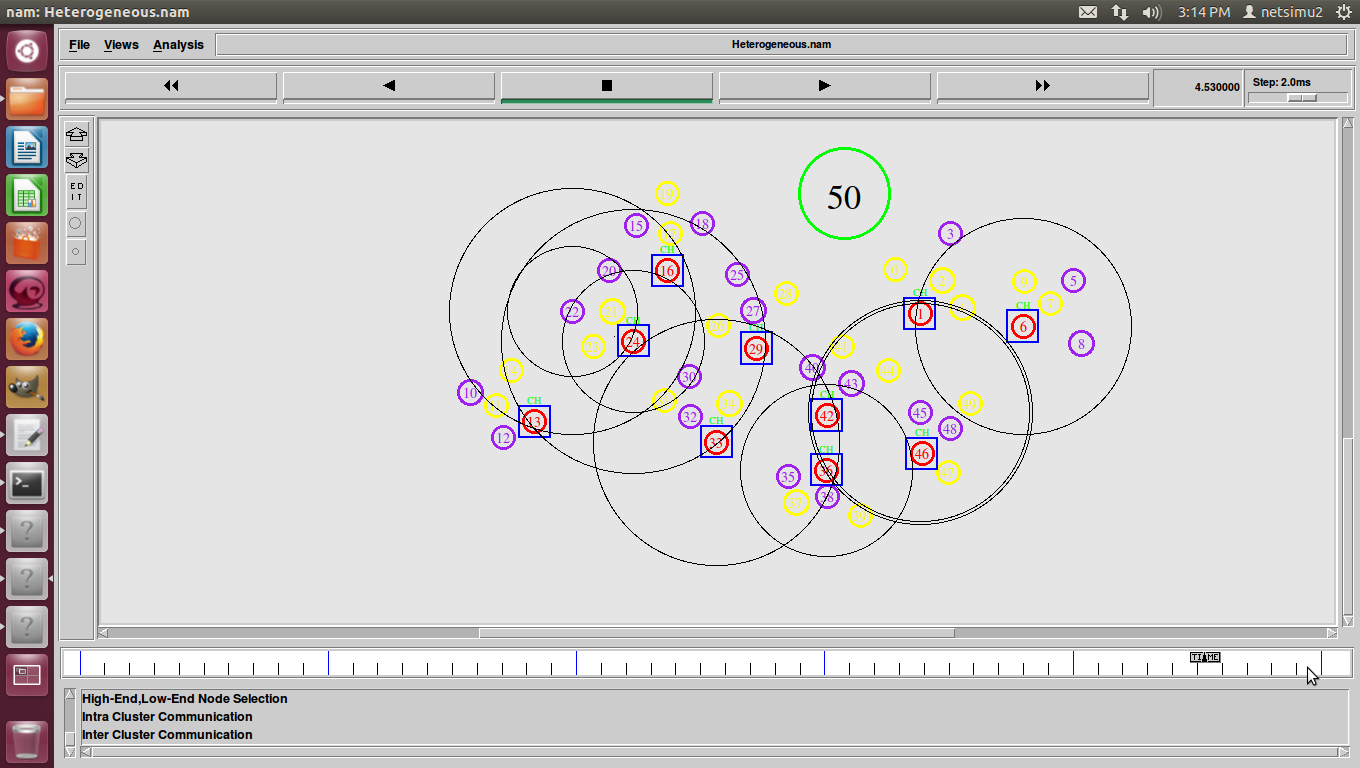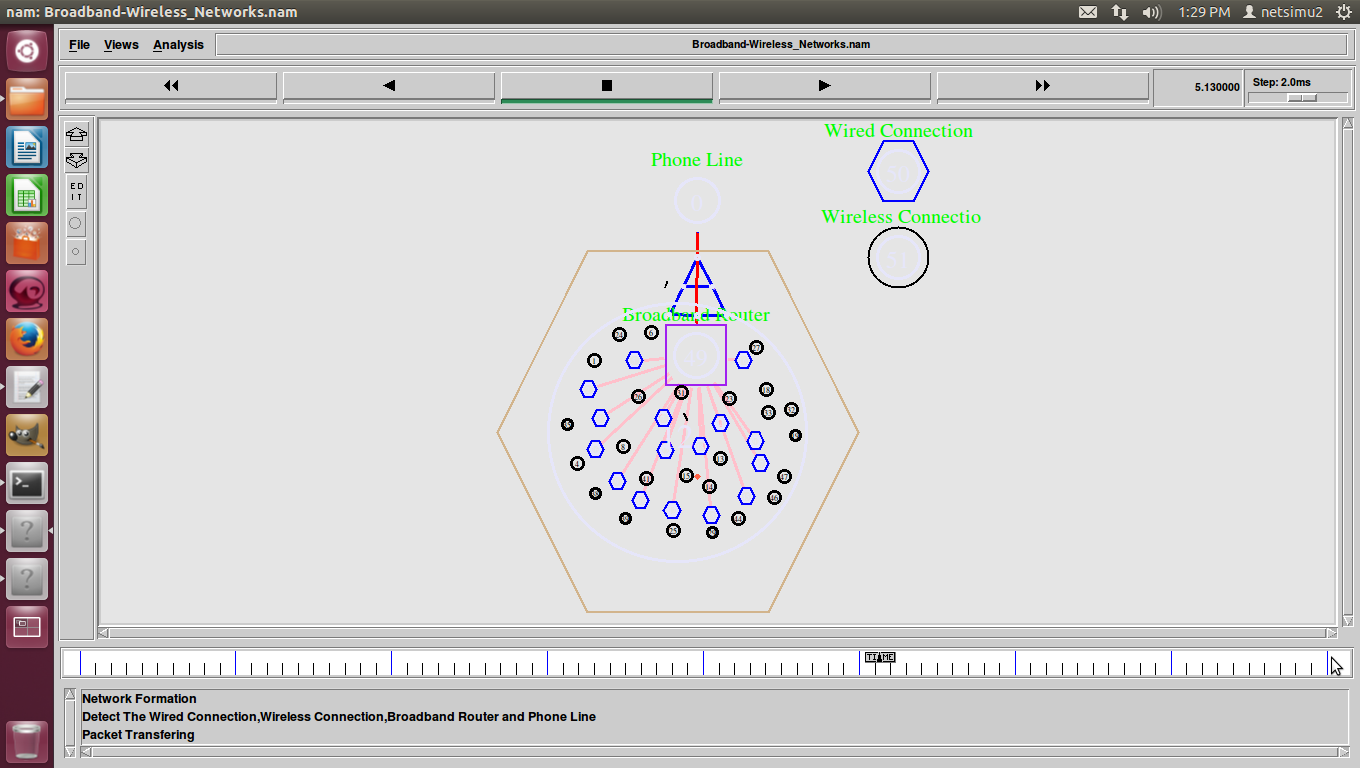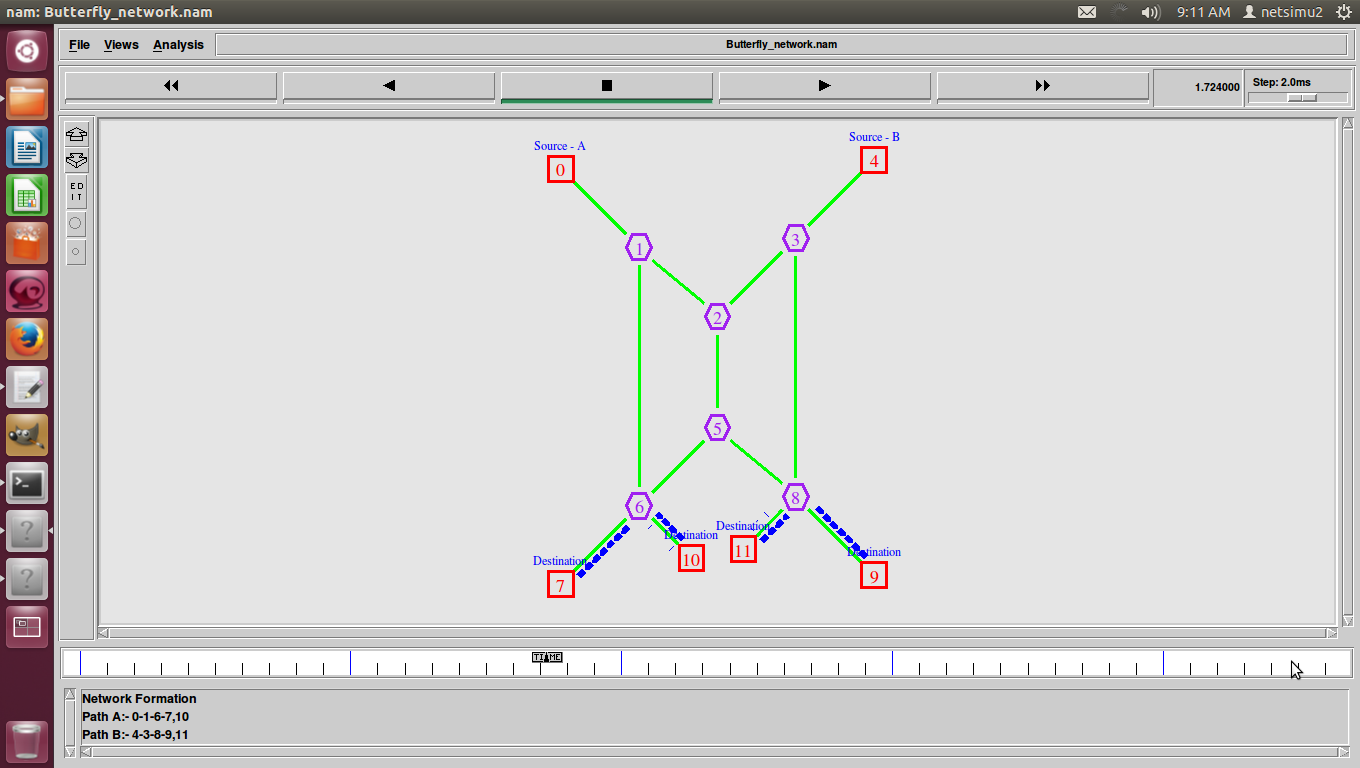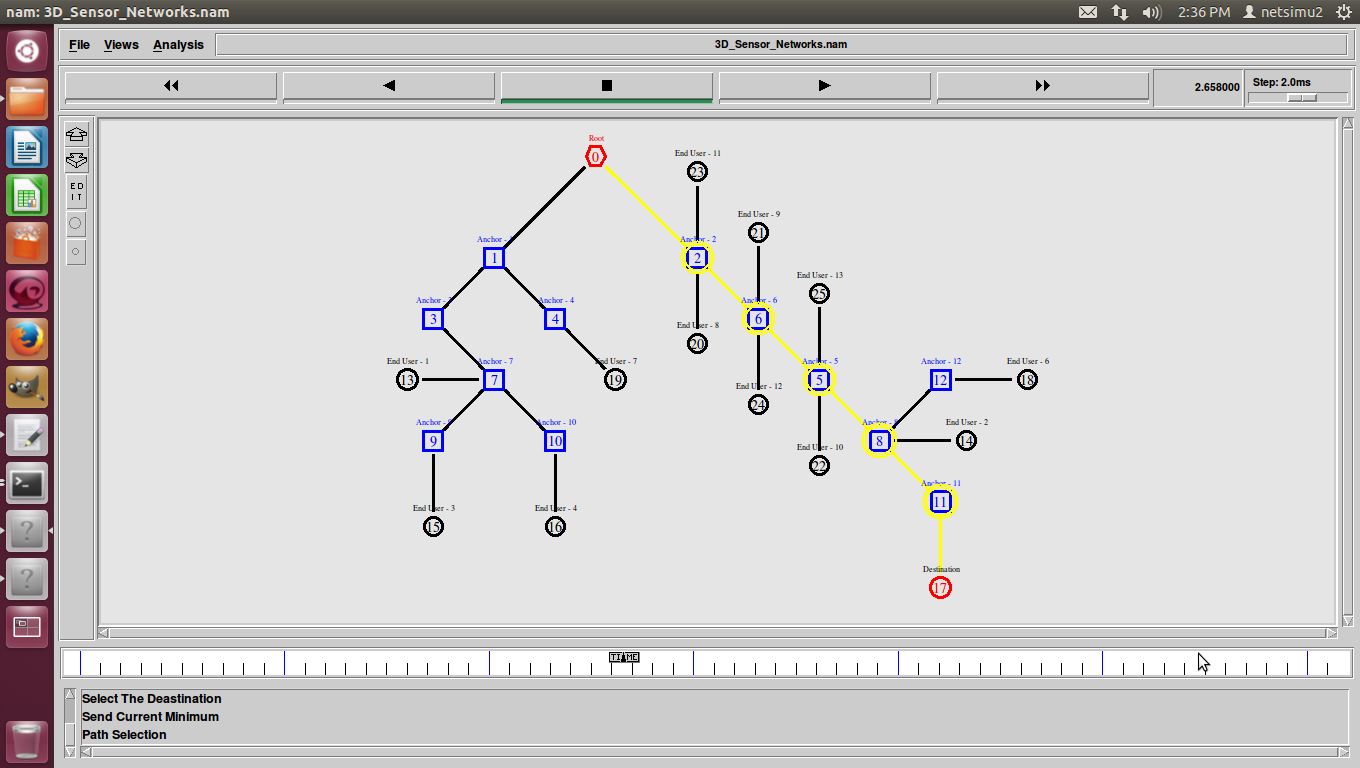EvalVid SVC (Scalable Video Coding) is also the latest extension of the famous Advance Video Coding standard.Main idea of EvalVid-SVC extension is also to apply multi-layer coding into the AVC codec.It is latest techniques also for video coding transmission also in a efficient manner also in different medium at different quality.
EvalVid-SVC is an evaluation platform for Scalable Video Coding transmission
Evalvid-SVC Scalable Video Coding also standardize as an extension of H.264/AVC which is derive from H.264/AVC. Eval-vid utilizes same original content and uses seperate encoding or transcoder method also for publication of different quality also in various devices as per requirement.
It maintains two different concepts. Such as,
Types of scalability support by EvalVid-SVC:
- Quality scalability.
- Temporal scalability.
- Also in Spatial scalability.
Data flow Streaming in EvalVid-SVC:
- Raw video.
- SVC encoder/decoder.
- Hinter.
- Mpv4 trace.
- Networks.
- SVC Re-builder.
- Error generator.
- SVC evaluator.
- Sender/Receiver nodes.
EvalVid-SVC Sample Code in Ns2
#include <stdio.h>
#include <stdlib.h>
#include <string.h>
#define cif_L 152064
#define qcif_L 38016
char *skips(char *p, const char *s, int n) { int i, j; size_t l = strlen(s); for (i=0; i<n; i++) if ((p = strstr(p, s)) != 0) p += l; else break; return p; } int main(int cn, char *cl[]) { int i, l; char buf[100], buf1[cif_L], last_buf1[cif_L], buf2[qcif_L], last_buf2[qcif_L], *p, *e; FILE *f=0, *fi=0, *fo=0; int nF=0, choice=0; int no_missing=0, no_nd=0, no_good=0; if (cn != 6) { puts("myfixyuv <df> <cif/qcif> <noframe> <err.yuv> <fix.yuv>"); puts("df\t\tdecoded frame status file"); puts("noframe\t no of frames"); puts("err.yuv\tdecoded video"); puts("fix.yuv\tfixed video"); puts("myfixyuv.exe df qcif 400 err.yuv fix.yuv"); return 0; } if ((f = fopen(cl[1], "r")) == 0) { fprintf(stderr, "error opening %s\n", cl[1]); return 0; } if(strcmp(cl[2],"cif")==0) choice=0; else choice=1; nF=atoi(cl[3]); int mF[nF], dF[nF]; if ((fi = fopen(cl[4], "rb")) == 0) { fprintf(stderr, "error opening %s\n", cl[1]); return 0; }
if ((fo = fopen(cl[5], "wb")) == 0) {
fprintf(stderr, "error opening %s\n", cl[1]); return 0; }
for(i=0; i<nF; i++){ mF[i]=1; dF[i]=1; }
while (!feof(f) && !ferror(f)) { if (!fgets(buf, sizeof buf, f) || feof(f) || ferror(f)) break; e=buf; if(strstr(buf,"Time")){ p = skips(buf, "Time...", 1); l = strtoul(p, &e, 10); mF[l]=0; }
if(strstr(buf,"Not coded")){
dF[l]=0; } }
for(i=0; i<nF; i++) { if(mF[i]==1){ dF[i]=0; printf("mF[%d]:%d is missing\n", i);
}
if(dF[i]==0) printf("dF[%d]:%d is not decoded\n", i); if(mF[i]==1 && dF[i]==1) printf("parse error in frame %d\n", i); }
for(i=0; i<nF; i++) { if(mF[i]==0 && dF[i]==1){ if(choice==0) { if(!feof(fi)){ fread(buf1, cif_L, 1, fi); fwrite(buf1, cif_L, 1, fo); strcpy(last_buf1, buf1); no_good++; } else { printf("error occurs\n"); }
} else { if(!feof(fi)){ fread(buf2, qcif_L, 1, fi); fwrite(buf2, qcif_L, 1, fo); strcpy(last_buf2, buf2); no_good++; } else { printf("error occurs\n"); } } continue; }
if(mF[i]==0 && dF[i]==0){ if(choice==0) { if(!feof(fi)){ fread(buf1, cif_L, 1, fi); fwrite(last_buf1, cif_L, 1, fo); no_nd++;
} else { fwrite(last_buf1, cif_L, 1, fo); no_nd++;
}
} else {
if(!feof(fi)){ fread(buf2, qcif_L, 1, fi); fwrite(last_buf2, qcif_L, 1, fo); no_nd++;
} else { fwrite(last_buf2, qcif_L, 1, fo); no_nd++; } }
continue; }
if(mF[i]==1 && dF[i]==0){ if(choice==0) { fwrite(last_buf1, cif_L, 1, fo); no_missing++;
} else { fwrite(last_buf2, qcif_L, 1, fo);
no_missing++;
}}} fclose(f); fclose(fi); fclose(fo); printf("Frmae-> good:%d, not_decoded:%d, missing:%d\n", no_good, no_nd, no_missing); return 0; }
Tweet


